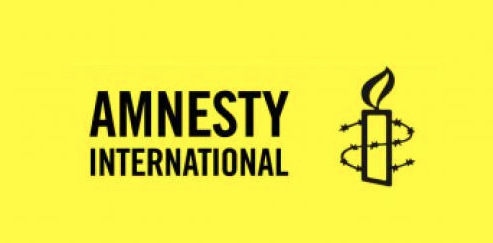Today, Baskut Tuncak, the UN Special Rapporteur on human rights and toxics, said the government has “failed” to answer why it has not remediated massive levels of mercury contamination in a river near Grassy Narrows First Nation. Tuncak made his preliminary observations – which will be followed by a report about the government’s steps to protect human rights implicated by the management of hazardous wastes – following an eight-stop trip across Canada that included a visit with those who have been impacted by mercury poisoning in Grassy Narrows First Nation.
In response, Craig Benjamin, Amnesty International Canada’s Indigenous Rights Campaigner, said:
“We welcome these comments by an independent United Nations expert and hope that they will shine a light on the urgent need for swift and full compensation to those who have been dealing with mercury poisoning in Grassy Narrows. For five decades, the federal and provincial governments have all but ignored the mercury crisis that has contaminated the First Nation’s traditional food, devastated its local economy and caused serious physical and mental health impacts. We urge Canada to properly remediate the English and Wabigoon Rivers, establish a trust fund to build and operate a health treatment facility and adequately compensate the people of Grassy Narrows.”
Further, the Special Rapporteur’s concerns about mercury contamination in Grassy Narrows are consistent with a broader pattern of discrimination noted in his preliminary observations. As he concluded in his statement published online today: “There exists a pattern in Canada where marginalized groups, Indigenous peoples in particular, find themselves on the wrong side of a toxic divide, subject to conditions that would not be acceptable elsewhere in Canada.”













